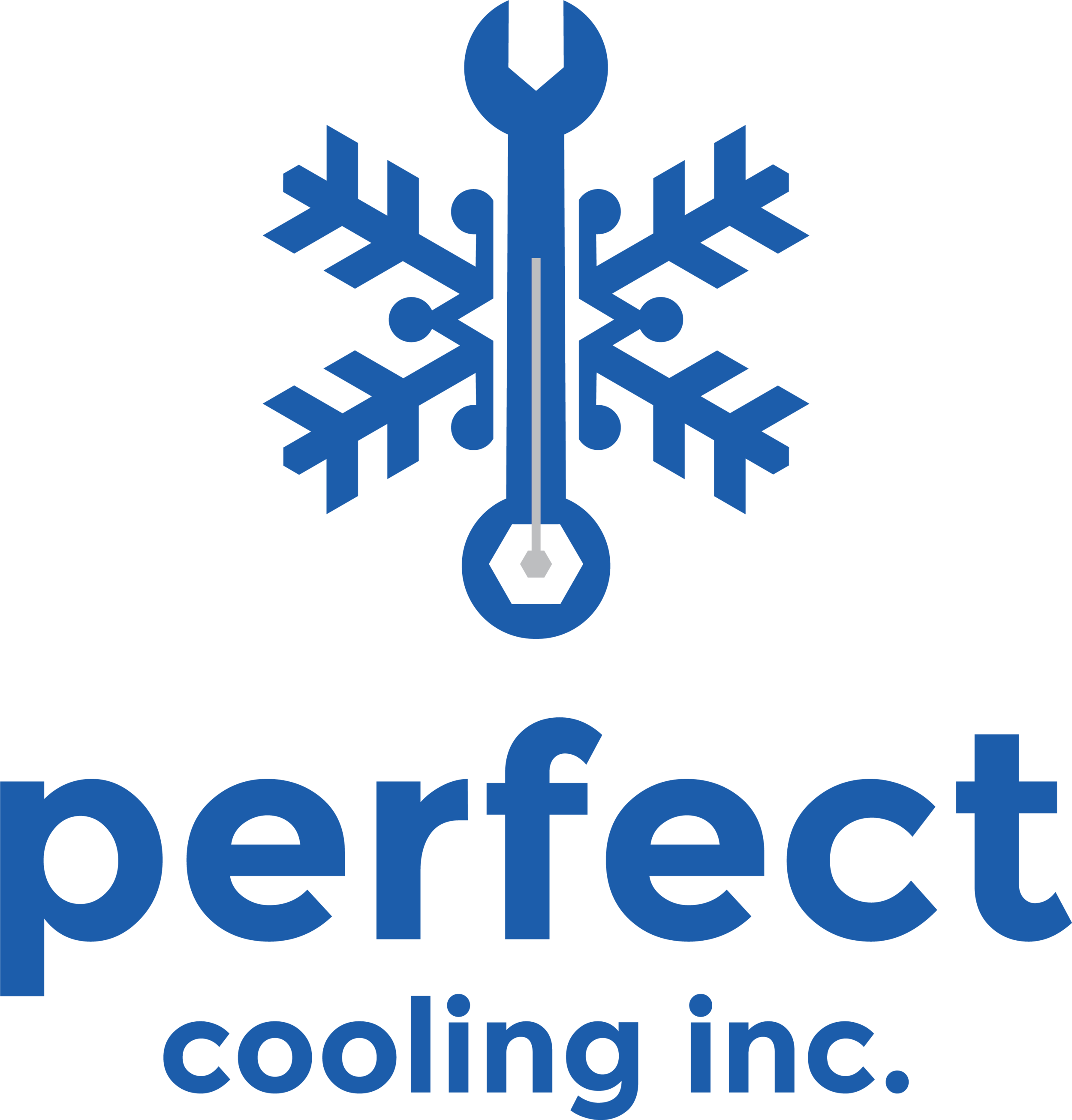Annual Inspections of Heating and Cooling Systems
Would you drive a car year after year without ever changing the oil or taking it to a mechanic for a tune-up? Probably not.
Like your car, your cooling and heating systems must be maintained in order to run efficiently and dependably. You should change your air filters monthly.
And your air conditioner and heater should each be inspected once a year. Annual heating and cooling check-ups allow a technician to identify minor problems
before they become major problems. Proper maintenance may add years to the life of your units' major components. It also enables your heating and cooling
systems to run more efficiently and more dependably. Over time, coils may become dirt encrusted. Dirty coils cause a cooling system to work less efficiently.
A unit with dirty coils uses more electricity, cools less effectively, and places undo stress on the compressor. Likewise, burned contactors compromise the
efficiency of a cooling system and can cause damage to the compressor. An annual inspection allows a technician to identify any problem before long term
damage is caused to your system. It is much cheaper to have your coils cleaned or your contactors replaced than it is to replace a compressor.
What an Inspection of Your Cooling System Includes
- A thorough examination of system components including coils and contactors.
- Examination of air filters.
- Clean air filters improve the efficiency of your system and improve the quality
of air circulating through your home or place of business. - Cleaning and treatment of condensation lines.
- Clogged condensation lines and drain lines can cause water (moisture accumulated
by your air conditioning system) to leak through your ceilings or walls. Our cooling
inspection also includes an algaecide treatment to reduce the growth of algae and
bacteria which can clog your drain lines. - Examination of electric components.
- Worn electrical components can create a fire hazard or can cause your unit to
unexpectedly break down. - Measurement of unit's power usage.
- Efficient power usage generally indicates that a unit is working correctly and reliably.
